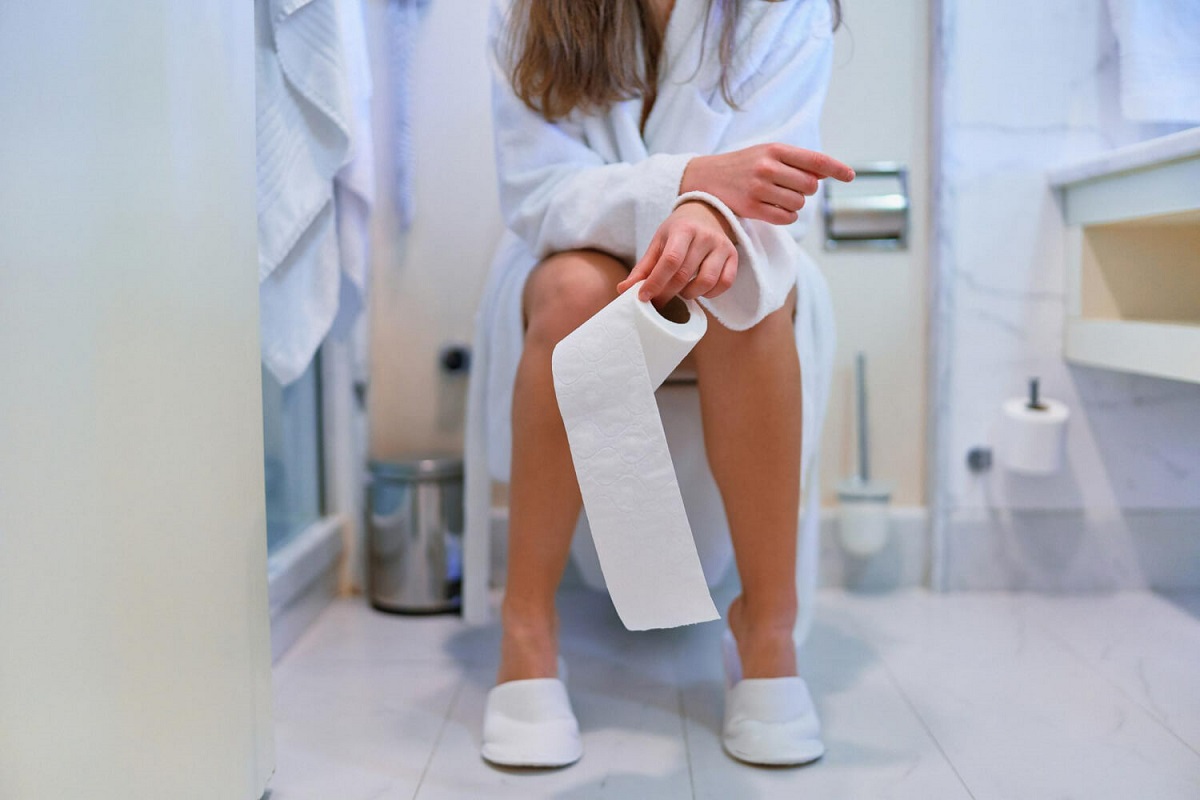
Experiencing the need to urinate at the most inconvenient times, such as during a night out or just as you’re drifting off to sleep, can be bothersome. This occasional inconvenience is something many can relate to, but if you find yourself repeatedly disrupted by the urge to urinate, it may feel as though your bladder is dictating your life.
Frequent urination can impact your daily activities in numerous ways. Let’s explore the common reasons behind this condition, potential relief methods, and when it’s advisable to consult a doctor.
Understanding Frequent Urination
Frequent urination, or polyuria, involves needing to urinate more often than what’s typically expected within a day. While urinary habits vary, urinating 6-8 times over 24 hours is standard for healthy adults not pregnant. Exceeding this frequency might indicate an issue.
This condition can manifest alone or alongside other symptoms like fever or discomfort during urination, which could suggest a link to pelvic health issues such as a urinary tract infection (UTI). Recognizing why you’re visiting the bathroom so frequently is crucial to finding a solution, and personalized treatment can often alleviate the need for constant bathroom breaks.
Nighttime Urination: Nocturia
If you’re waking up to urinate more than once a night, you’re experiencing nocturia. This condition can disrupt sleep and increase the risk of falls, particularly in older adults. Nocturia may be symptomatic of an underlying issue, making it important to uncover the cause of these nocturnal bathroom trips.
Distinguishing Between Frequent Urination and Incontinence
Though often discussed together, frequent urination is different from incontinence, which involves involuntary urine leakage. However, both can disrupt daily life and cause emotional distress if the underlying cause is unknown.
Common Causes of Frequent Urination in Women
Various factors, including lifestyle habits, medical conditions, and certain life stages, can lead to excessive bathroom visits. Here are 12 typical causes for women:
- High Fluid Intake: Naturally, consuming a lot of liquids leads to more frequent urination.
- Diuretic Substances: Alcohol, caffeine, and certain foods can increase urine production.
- Urinary Tract Infections (UTIs): Infections can cause frequent urination along with other symptoms like fever and discomfort.
- Vaginitis: Inflammation in the vaginal area can lead to frequent urination among other symptoms.
- Overactive Bladder (OAB): This condition leads to an uncontrollable urge to urinate frequently.
- Interstitial Cystitis (IC): Also known as painful bladder syndrome, IC can cause chronic pelvic pain and frequent urination.
- Bladder Stones: Similar to kidney stones but in the bladder, these can cause discomfort and increased urination.
- Pregnancy: The growing uterus can put pressure on the bladder, leading to more frequent urination.
- Stress and Anxiety: Emotional stress can sometimes manifest as frequent urination.
- Hormonal Changes: Changes in estrogen levels, such as during menopause, can affect urinary frequency.
- Weak Pelvic Floor Muscles: This can lead to more frequent urges to urinate.
- Diabetes: Both Type 1 and Type 2 diabetes can cause polyuria as the body tries to eliminate excess sugar.
When to Consult a Doctor
If frequent urination isn’t due to high fluid intake, caffeine, or pregnancy, or if it significantly affects your life, it’s time to see a doctor. Because multiple factors can cause this condition, a professional evaluation is essential for an accurate diagnosis.
Home Remedies and Treatments
Doctors may recommend lifestyle adjustments, such as reducing fluid intake before bed or cutting back on diuretics. Pelvic floor exercises and bladder retraining techniques can also improve symptoms. In some cases, medication might be prescribed to address an underlying condition or to directly treat an overactive bladder.
Finding Relief
You don’t have to let frequent urination control your life. Relief is just an appointment away, whether in person or via a video visit with your doctor. Once the cause is identified, you can look forward to uninterrupted activities and restful nights, all on your own terms.
